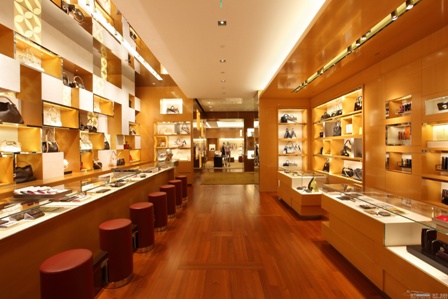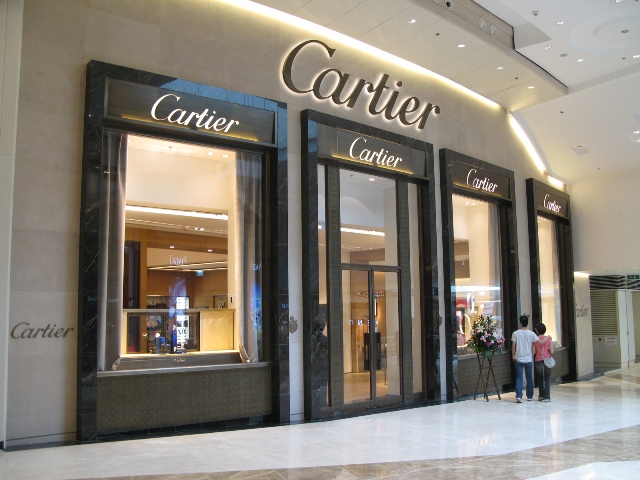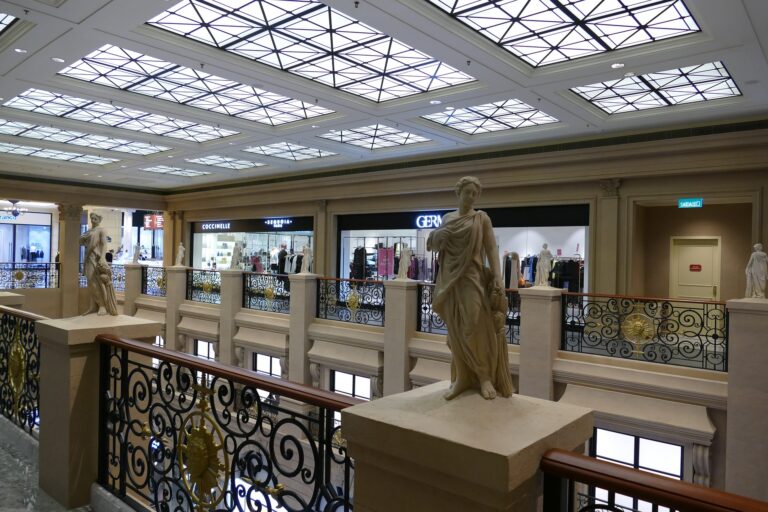The Impact of China’s Economy Slow Down
As China’s economy slows down, the luxury industry is experiencing a slump. 2015 China Luxury Report from Daxue Consulting says that China’s luxury market has been declining in two consecutive years. Data shows that China’s luxury market size in 2015 was 113 billion yuan, dropping by 2% from last year’s same period. The report assumes that watches, men’s clothing and bags are the main reasons for the negative growth. The impact of anti-corruption still lasts. In contrary, overseas shopping has developed rapidly in recent years. Chinese consumers’ overseas tour has increased by 32% from a year earlier. Correspondingly, overseas luxury consumption has grown by 10%, which means consumers have reduced the dependence on purchasing agents. In fact, from the beginning of the second half of 2015, news constantly spread that many brands close their stores. According to incomplete statistics, Salvatore Ferragamo closed 7 stores in China while HUGO BOSS closed 11 stores. Pier Luigi, the heir of Italian luxury brand Loro Piana, noticed this phenomenon. He said the financial market volatility may make consumers purchase luxury goods in the short term, as a result of which, the recent condition has made consumers unwilling to spend much money on shopping. It is widely believed that another main reason for continuing market weakness is the price discrepancy between domestic and the overseas markets. The convenience of traveling abroad and popularity of the Internet prompts Chinese consumers to become smart. Unlike a decade, ago, more and more Chinese alter to consumer abroad rather than interiorly.

China’s Luxury Market: An Influence from the Selling price
According to incomplete statistics, Salvatore Ferragamo closed 7 stores in China while HUGO BOSS closed 11 stores. Pier Luigi, the heir of Italian luxury brand Loro Piana, noticed this phenomenon. He said the financial market volatility may make consumers purchase luxury goods in the short term, as a result of which, the recent condition has made consumers unwilling to spend much money on shopping. It is widely believed that another main reason for continuing market weakness is the price discrepancy between domestic and the overseas markets. The convenience of traveling abroad and popularity of the Internet prompts Chinese consumers to become smart. Unlike a decade, ago, more and more Chinese alter to consumer abroad rather than interiorly.
New Measures for the Luxury’s Industry in 2016
After conducting research on approximately 800 Chinese consumers, Daxue Consulting found that there was greater variation in the luxury shopping site selection. By 2015, overall overseas luxury shopping has risen by 10%. Consumers flocked to the Japanese market, where spending grew up to 200%. Advantages of the exchange rate and competitive prices also make Korea, Europe and Australia hot destinations in 2015. In contrast, the consumption of the mainland consumers in Hong Kong and Macao decreased by about 25% in 2015. On the other hand, the industry believes that luxury brands focusing on high-end consumers have developed too fast rapid development. The decline of these luxury brands is attributed to the loss of mystery due to overexposure. Good momentum in the early period results in misjudgment. Some new commercial real estate projects in inland cities promise to provide substantial subsidies in order to attract luxury brands. However, most luxury shops attract little consumers. Consequently, with the loss of the subsidy bonus, the tide of stores being closed occurs. Some belief that due to the market competition and the devaluation of RMB, the luxury industry is expected to adopt huge price adjustment measures in 2016.
You would like to know more about China’s market, contact us at dx@daxueconsulting.com
See our latest post about China’s Luxury Market:
What are the most successful strategies for #luxurybrands in encouraging #Chinese to buy domestically? @JingDaily https://t.co/sSKFEuyoXE
— Daxue Consulting (@DaxueConsulting) January 6, 2016





